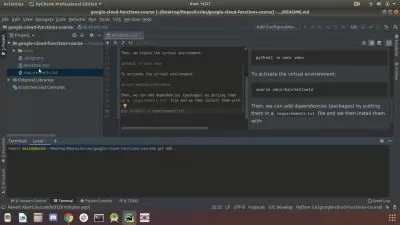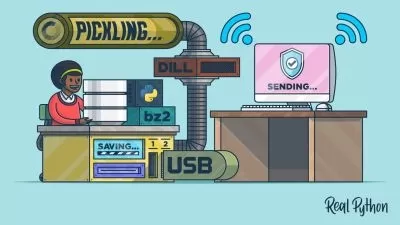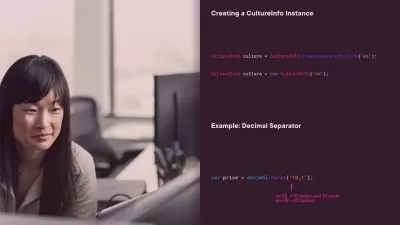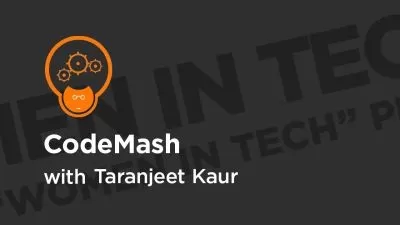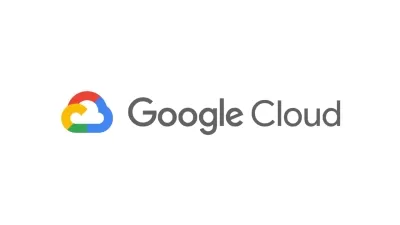Defining and Calling Python Functions
Howard Francis
2:23:29
Description
A function is a self-contained block of code that encapsulates a specific task or related group of tasks. This course will show you how to define your own Python function. You’ll learn when to divide your program into separate user-defined functions and what tools you’ll need to do this.
You’ll also learn the various ways to pass data into a function when calling it, which allows for different behavior from one invocation to the next.
In this course, you’ll learn:
This course will be the most helpful for you if you’re already familiar with the fundamental concepts of Python, including basic data types, lists and tuples, dictionaries, the import statement, conditional statements, and for loops.
What You'll Learn?
- How functions work in Python and why they’re beneficial
- How to define and call your own Python function
- Mechanisms for passing arguments to your function
- Some differences between how to work with functions in Python vs C++
- How to return data from your function back to the calling environment
More details
User Reviews
Rating
Howard Francis
Instructor's CoursesWanting to learn Python, Howard did what any college instructor would do – he taught a class in it. He loved it. (You’ll have to ask his students how they felt.) He continued learning after the course was over, and found Real Python to be one of the most useful sources of information. Now he’s here hoping to help others.
Howard currently teaches Computer Science and Mathematics at the University of Pikeville in eastern Kentucky. An amateur musician, he plays trumpet in local wind bands, organ at his church, and is learning guitar.
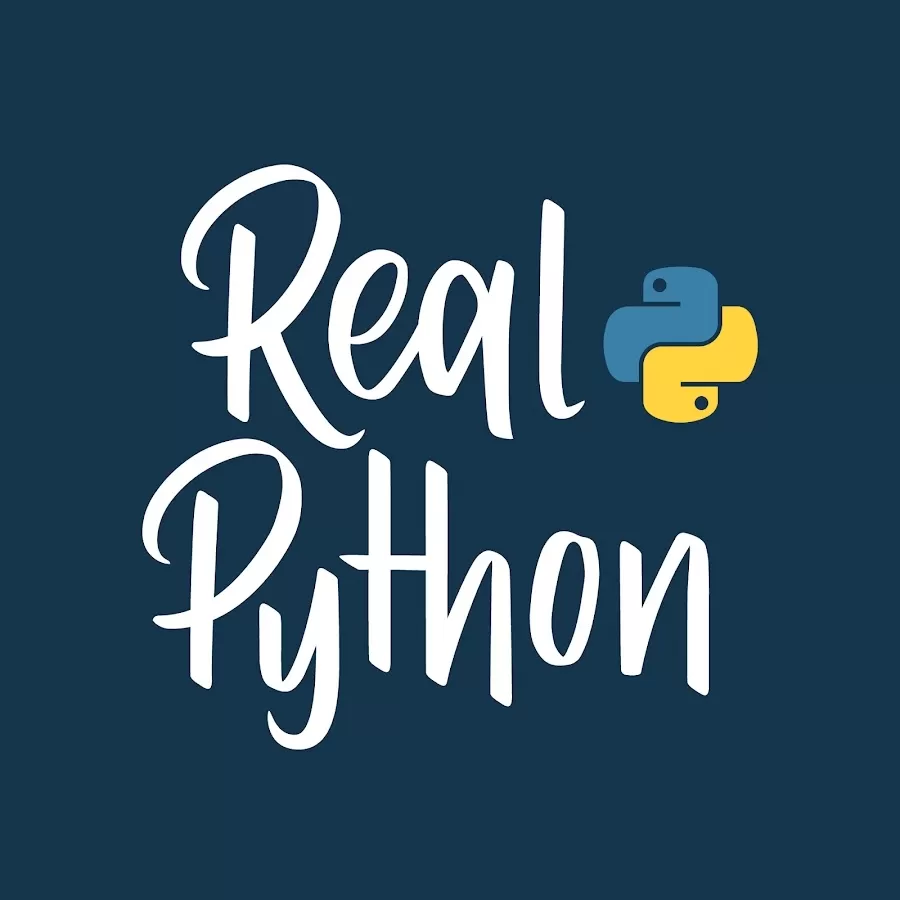
Real Python
View courses Real Python- language english
- Training sessions 27
- duration 2:23:29
- Release Date 2023/01/05






